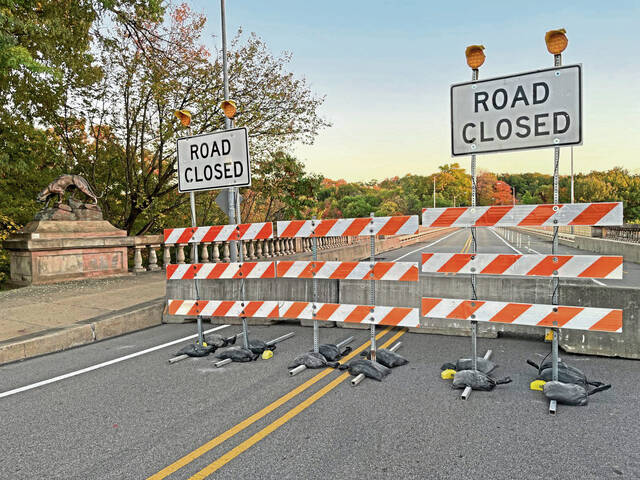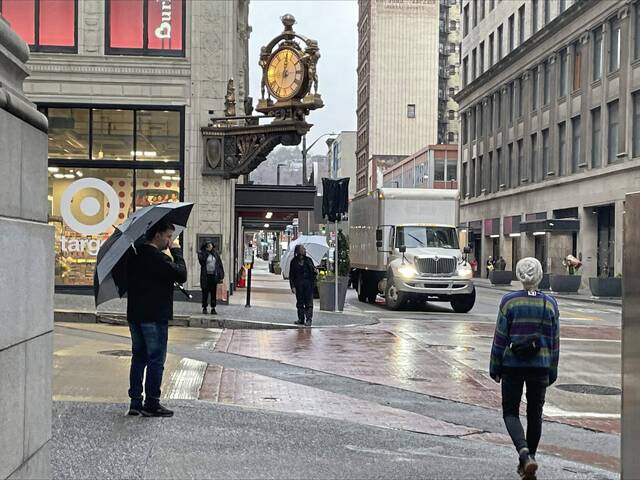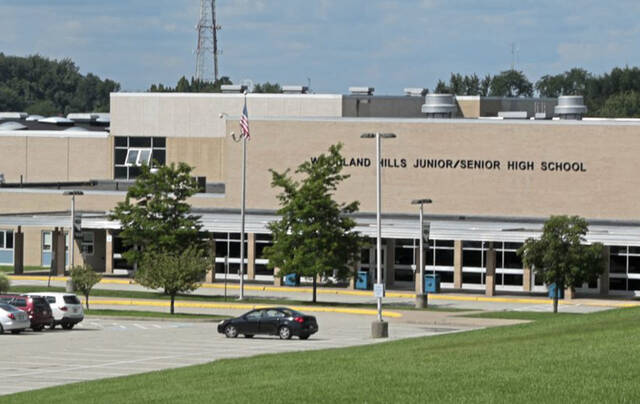Pittsburgh Post-Gazette employees belonging to unions representing production, distribution and advertising workers went on strike as the day began Thursday in response to what they view as unfair labor practices by company management.
The unions include the Communications Workers of America Locals 14842 and 14827, Teamsters Local 205/211 and Pressmen’s Union Local 24M/9N.
Workers in those unions say they have been working without a collective bargaining agreement since March 2017, have not received a pay raise in the past 16 years and maintain that management has refused to bargain in good faith and made unilateral changes to their health care plan.
“They have shown our members nothing but disrespect. Enough is enough,” said Ed Mooney, vice president of Communications Workers of America District 2-13. “We will stay on strike until the Post-Gazette recognizes our value to the paper and stops violating our rights.”
A news release from union attorney Joseph Pass called for a boycott of the Post-Gazette by subscribers and advertisers.
“We request everyone’s support in our action. That support includes canceling any subscriptions you have with the PG and request they refund your money,” the release said. “We also request that businesses and advertisers do not advertise in the PG unless and until the PG cures their unfair labor practices and provides the employees with the health care required by their contract.”
Headquartered in Toledo, Ohio, Block Communications owns the Post-Gazette, the Toledo Blade, cable TV systems, a construction firm and multiple television stations.
Workers’ health insurance was terminated Oct. 1. Prior to that, union officials said those workers were paying more than 8% of wages toward insurance premiums, up to $7,300 annually, and out-of-pocket costs for the company’s high-deductible plan can run as high as $14,400 per year. They added that employees’ existing coverage could have been maintained if Block Communications paid an additional $19 per employee per week.
“It is outrageous that Block Communications, a billion-dollar corporation, refuses to pay a small sum to maintain appropriate health insurance coverage for these hardworking employees,” Mooney said.
A statement forwarded by Post-Gazette Marketing Director Allison Latcheran said the company has offered the union several options to ensure the continuation of health care for affected employees.
“One of these proposals included a 9% wage increase and enrollment in the company’s health care plan, which currently covers 2,600 Block Communications employees, including several unions, company executives and staff at the PG,” the statement reads. “It is not clear why this proposal, nor any of the others, is unsatisfactory to the unions and their membership. The Post-Gazette will continue to publish seven days a week.”
Officials with the Newspaper Guild of Pittsburgh backed the strike. The guild, which includes Post-Gazette reporters, is part of NewsGuild, which in turn is part of the Communications Workers of America.
“The workers of the Newspaper Guild stand with the production, distribution and advertising unionized workers at the Post-Gazette as they fight for a fair and just health care plan,” said Zack Tanner, Newspaper Guild of Pittsburgh president. “The Block family has shown time and time again that they would rather pay their attorneys outrageous fees than give the workers who produce the product one benefit at all.”
In conjunction with the production, distribution and advertising strike, the Newspaper Guild announced its members will begin withholding their bylines from physical or digital publication and will undertake other actions to stand in solidarity with their colleagues. The Post-Gazette prints twice a week and has a daily digital edition.
In an article on its website, the Post-Gazette said the paper’s home delivery customers will receive information directly about their service. It’s unclear how the production strike will affect print editions and home delivery. The Post-Gazette said customers can continue to access the paper’s digital print edition during the strike.
Rick Edmonds, media business analyst at the Poynter Institute, said Thursday he has noticed an increase in organizing at media companies, particularly newsrooms. But, he said, ownership and management have gravitated to the typical tactic of “dragging out negotiations indefinitely” in an effort to deprive unions of their requests.
Edmonds said newspaper strikes have become quite rare, and it’s not clear how much this production strike will impact Post-Gazette’s bottom line.
“Back in the day, losing even a few weeks of print editions to a strike was painfully costly to management,” Edmonds said. “Now, not so much as readers and advertisers swing to digital. So I am not sure how much leverage the strikers have.”
We’ll still be reporting and covering important topics in Pittsburgh, but we’re going on a byline strike in support of the production, distribution and advertising workers who have gone on strike. https://t.co/1YBnh3GAm6
— Hallie Lauer (@Hallielujah18) October 6, 2022
The guild is awaiting the results of a National Labor Relations Board hearing related to the issues at the newspaper. The complaint, filed April 27 by NLRB Regional Director Nancy Wilson, said the company “bargained with no intention of reaching agreement” by “insisting upon proposals that are predictably unacceptable to the union.”
“Two years ago, we decided to embark on a legal strategy to fight the unlawful impasse and unilateral working conditions that the Post-Gazette forced upon its journalists,” Tanner said. “While our hearing is still ongoing, this union will be standing strong behind our union colleagues as they enact a major job action against the Post-Gazette.”








